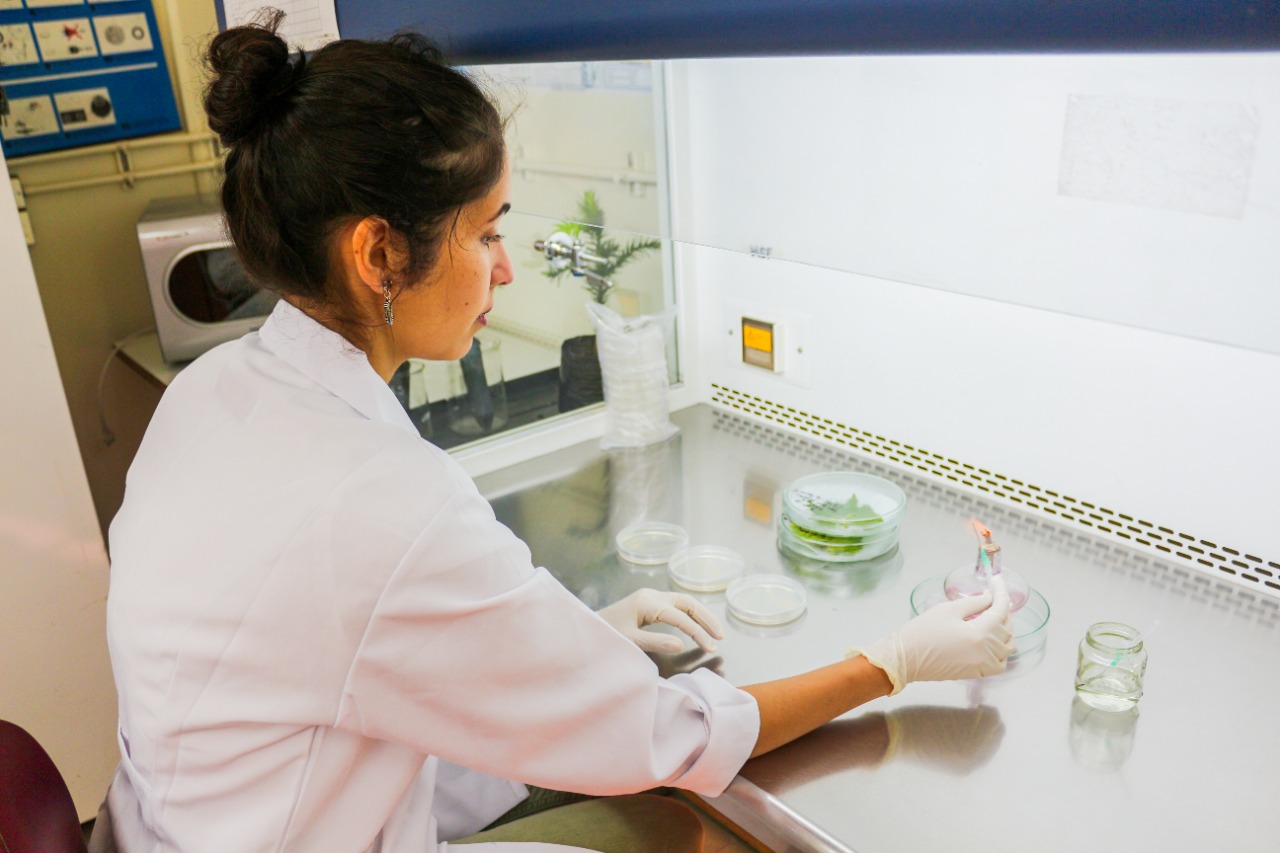The growth experienced by Chile in recent decades has not been accompanied by an increase in national technological development or the generation of cutting-edge knowledge. This situation is reflected in the country's competitiveness indicators, which place it in secondary positions internationally in this regard.
World Bank studies identify these competitiveness factors as Chile's weakest. This is an outstanding task for our country, one that must be overcome if high growth rates are to be maintained—a crucial factor for the population to continue improving their standard of living. There is awareness that it will not be through the country's available raw materials that it will achieve developed status, but rather through the ability to add value to exports and train the professionals and researchers the country needs.
To date, several sectors have achieved recognized international competitiveness. Notable among these are the forestry, mining, fishing, fruit-growing, and wine-producing sectors, which have benefited in their development by the country's natural characteristics and climatic conditions. These, combined with comparative and counter-seasonal advantages, create conditions that—along with investments made and coherent public policies—explain the achievements attained.
However, to sustain this growth and development in a globalized economy and considering the free trade agreements signed by Chile with the world's major economies, it is imperative and essential to initiate a cycle of technological mastery, where knowledge—not raw materials—supports the growth the country needs. To achieve this, it is crucial to lay the groundwork and create conditions that enable knowledge generation, ensuring economic growth is based not only on increased production and export volumes of mass products but also on higher product value-added through technological innovations and adequate professional training—all supported by efficient networks linking science, technology, and the market.
The scientific, technological, and business reality of an emerging country like Chile differs substantially from that of developed nations. In fact, scientific and technological knowledge generation in Chile is primarily concentrated in higher education institutions, with very few independent R&D centers or companies possessing advanced technological capabilities. Over 80% of research conducted in Chile takes place in universities, and within these, more than 50% is carried out in just 5 or 6 universities. Thus, it is essential to build capacities so that the knowledge created within these institutions flows to businesses, enabling them to leverage a scientific and technological foundation to compete in local and international markets, thereby fostering growth and better living conditions for the country's inhabitants. Knowledge transfer between universities and businesses is imperative, requiring suitable communication and collaboration channels to partially overcome foreign technological dependence.
As previously mentioned, Chile must transition to a stage of technological mastery, enabling businesses to add value to their products. This will only be possible if human and infrastructural capacities are developed domestically to innovate, adapt, develop, and transfer technology efficiently and timely. To this end, critical mass must be built in various fields by sending a significant number of postgraduate students to the world's best universities, who can later return to work in academia and industry. The participation of national researchers in thematic R&D networks will only be feasible if there are internal peers with the skills to engage horizontally and the physical means to contribute to such research. In a globalized world, lacking these capabilities means giving away too many advantages as a country—and consequently, for its institutions and businesses.
There is no doubt that wealth is created at great speed in the era of knowledge and the information society. For this to happen in a country, suitable environments are required, including resources that allow researchers and professionals to work under favorable and globally competitive conditions. This ensures that once laboratory results are obtained, they can be scaled and transferred promptly, with appropriate intellectual property protections. Similarly, Chile lacks a developed venture capital industry capable, as the term suggests, of taking risks with the belief that new knowledge has a real potential to generate wealth—thereby completing the cycle from research to investment and market entry.
Naturally, this academic vocation must be complemented and incentivized by greater private-sector effort, which, according to international comparisons, lags furthest behind in R&D investment. Indeed, when comparing Chile's economy with resource-rich economies that achieved sustained growth, the country's R&D effort—particularly from the productive sector—is very low. Regarding aggregate spending, while Chile's total R&D expenditure is only 0.4% of GDP, in countries like Finland, it reaches 3.5% of GDP. Moreover, in Chile, only 35% of R&D investment comes from the private sector, whereas in benchmark countries, this percentage exceeds 70%. Science, technology, and innovation are key factors for achieving development. We hope these factors align in quantity, quality, and timeliness to make it happen.
Marcelo Molina, Director of the Consulting and Innovation Department, UDT, University of Concepción







Comments (0)
No comments yet. Be the first to comment!
Leave a comment